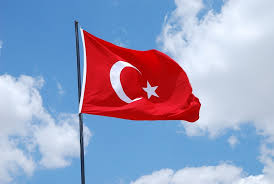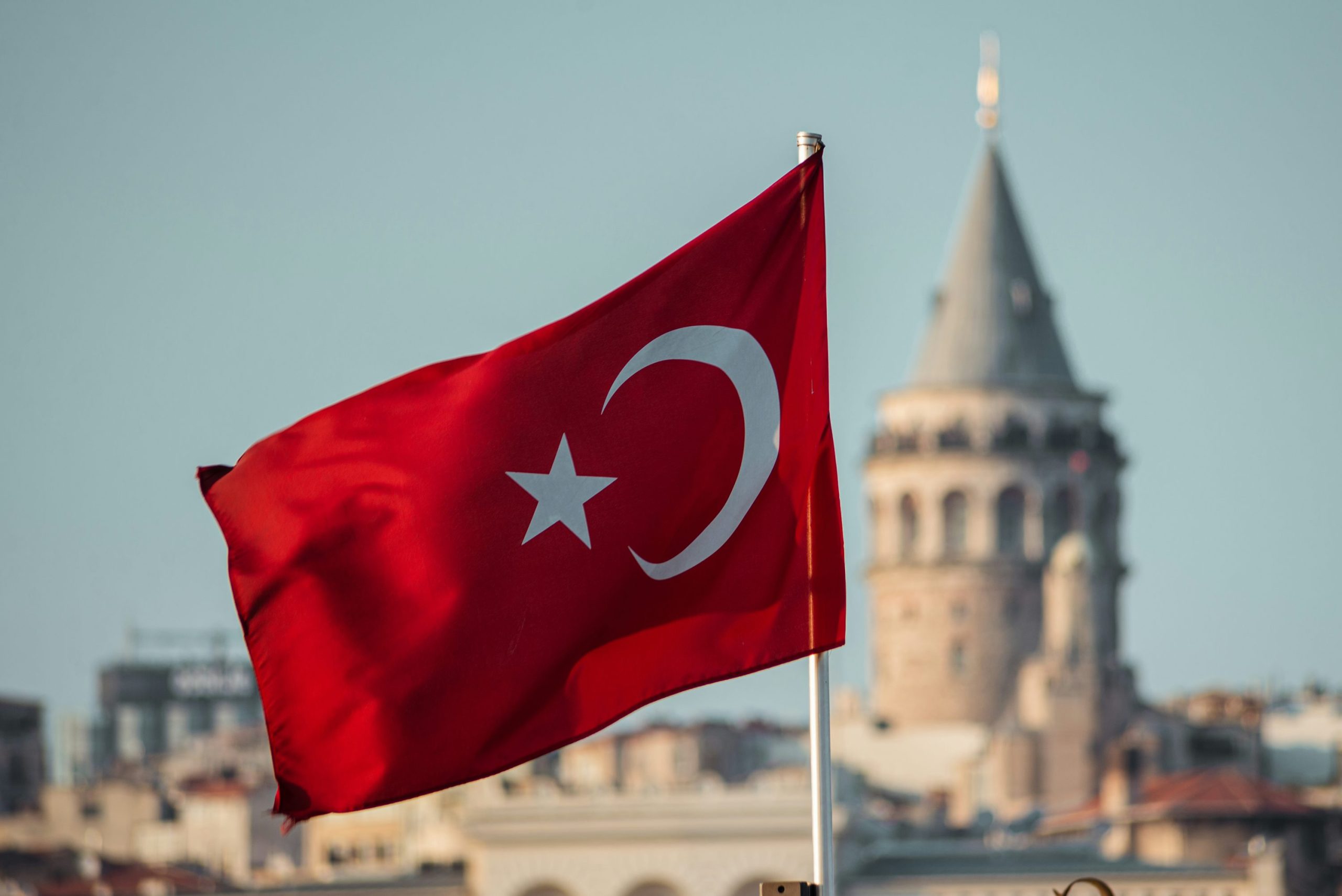The phrase “Utanmaz Türklere”, meaning “Shameless Turk”, can evoke a variety of interpretations and emotions. It touches on themes of cultural identity, pride and criticism. In the context of satire, the phrase can be a powerful tool to examine societal norms and behaviors. In this article, we delve into the historical and cultural significance of the phrase, its use in satire and its broader implications for understanding Turkish identity.

Historical background of Utanmaz Türklere
Evolution of Turkish identity
The history of Turkish identity is complex and multifaceted, marked by centuries of migration, empire building and modernization. From the nomadic tribes of Central Asia to the establishment of the Ottoman Empire and finally to the modern Republic of Turkey, the Turkish identity has been constantly evolving. This evolution is influenced by the internal dynamics of interaction and change with diverse cultures.Utanmaz Türklere
Central Asian roots: Turkic peoples originated in Central Asia, where they developed their distinctive language, traditions and social structure. Their westward migration brought them into contact with various civilizations, leading to the fusion of cultural elements.Utanmaz Türklere
Ottoman influence: The Ottoman Empire, which lasted for more than six centuries, played a fundamental role in the formation of the Turkish identity. It was a multicultural, multi-religious empire, and the Turks became known for their administrative capabilities and military power. The Ottoman legacy continues to influence Turkish culture and society even today.Utanmaz Türklere
Modernization and Westernization: In the early 20th century, Mustafa Kemal Atatürk spearheaded a series of reforms aimed at modernizing Turkey. These reforms sought to create a secular, Western-oriented nation-state. This period of transformation brought significant changes to Turkish society, including a shift in cultural identity and self-perception.Utanmaz Türklere
The role of satire in Turkish culture
Satire has a long and legendary tradition in Turkish culture, serving as a means of criticizing authority, social norms, and cultural mores. Turkish literature and media have frequently used satire to comment on political and social issues, using humor and irony to provoke thought and reflection.
Ottoman satire: During the Ottoman period, satire was a popular form of expression in literature and theater. Writers and performers used satire to address issues such as corruption, bureaucracy, and social inequality.
Republican satire: Even during the Republican period, satire continued to thrive as a tool of political and social critique. Turkish satirists have tackled a wide range of themes, from authoritarianism to cultural hypocrisy, but have often faced censorship and backlash against their work.
Contemporary satire: Even today, satire is an important aspect of Turkish media and culture. Satire magazines, television shows, and social media platforms provide channels for criticism and dissenting opinions, challenging the status quo and promoting dialogue.
Spanish Understanding “Utanmaz Türklere”
The phrase “Utanmaz Türklere” can be interpreted in several ways depending on the context in which it is used. It may function as a criticism of certain behaviors or attitudes that are perceived as shameless or inappropriate. Or it may be an ironic expression of pride in challenging previous norms.
Cultural Criticism
In some cases, “Utanmaz Türklere” may be used to criticize behavior that is seen as shameless or lacking modesty. This criticism may be directed at individuals or groups that are seen as violating societal norms and values.
Examples of Cultural Criticism: This phrase can be used to condemn acts such as corruption, injustice, and lack of respect for traditions. It serves as a way of holding individuals or organizations accountable for actions that are considered inappropriate or unethical.
Cultural Reflection: This phrase invites reflection on cultural values and norms by criticizing these actions. It encourages individuals and society to consider what is acceptable behavior and how these standards can be applied and challenged.
Satirical Pride
In other contexts, “Utanmaz Türklere” may be employed as a satirical expression of pride. This use involves repurposing the term as a badge of honor, praising the boldness of challenging norms and pushing boundaries.
Reclaiming Identity: By adopting the label “shameless,” an individual or group can assert their independence and resistance to social pressures. This can be a form of empowerment, allowing people to define their identity on their own terms.
Humor and Irony: Satirical uses of “Utanmaz Türklere” often imply humor and irony. It can be a way to highlight the absurdity of certain conventional wisdom or to ridicule contradictions within Turkish society.
Broader Impact
The use of satire and phrases such as “Utanmaz Türklele” in Turkish culture has far-reaching implications on understandings of identity, pride, and dissent. It reflects the dynamic nature of cultural identity and the constant struggle to define and affirm it in a rapidly changing world.
Identity and Pride
The adoption of satire and phrases such as “Utanmaz Türklele” highlights the complexity of Turkish identity and the tension between tradition and modernity. It highlights the importance of self-definition and the power of humor and irony to confront cultural challenges.
Balancing tradition and modernity: Turkish society continues to struggle to find a balance between preserving cultural traditions and adopting modern values. Satire offers a means to explore this tension and negotiate identity in a globalized world.
Cultural Resilience: The ability to criticize and challenge norms through satire demonstrates cultural resilience and adaptability. It demonstrates a willingness to confront difficult issues and engage in dialogue about the future of Turkish society.
Conclusion
The phrase “Utanmaz Türklele” encapsulates the complexity of Turkish identity and the power of satire to shape cultural discourse. Whether used as a critique or an expression of pride, the phrase reflects the dynamic nature of Turkish culture and its constant struggle to define and affirm its identity in a rapidly changing world. Through satire, individuals and society can navigate the challenges of modernity, engage in meaningful dialogue, and embrace the richness and diversity of Turkish identity.











